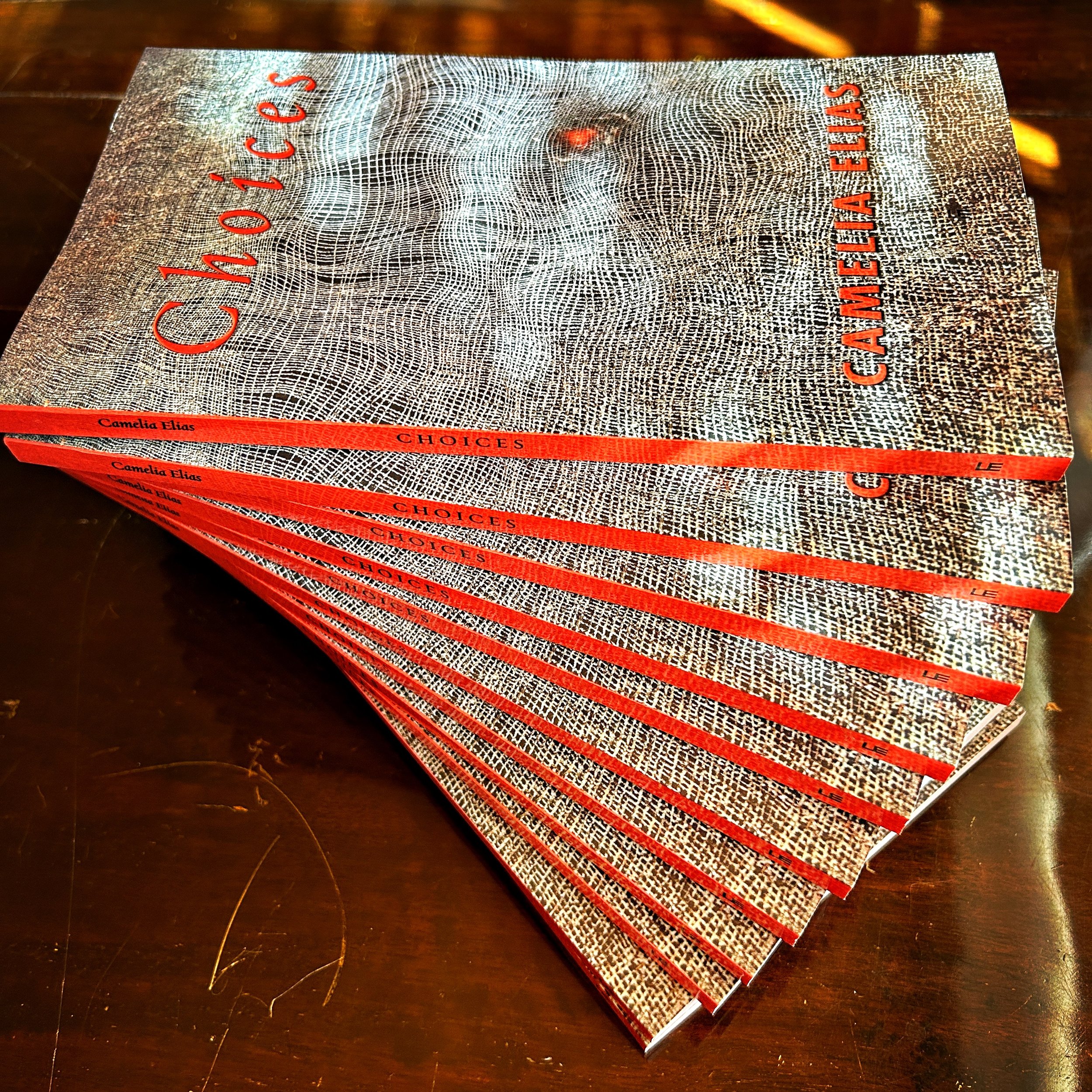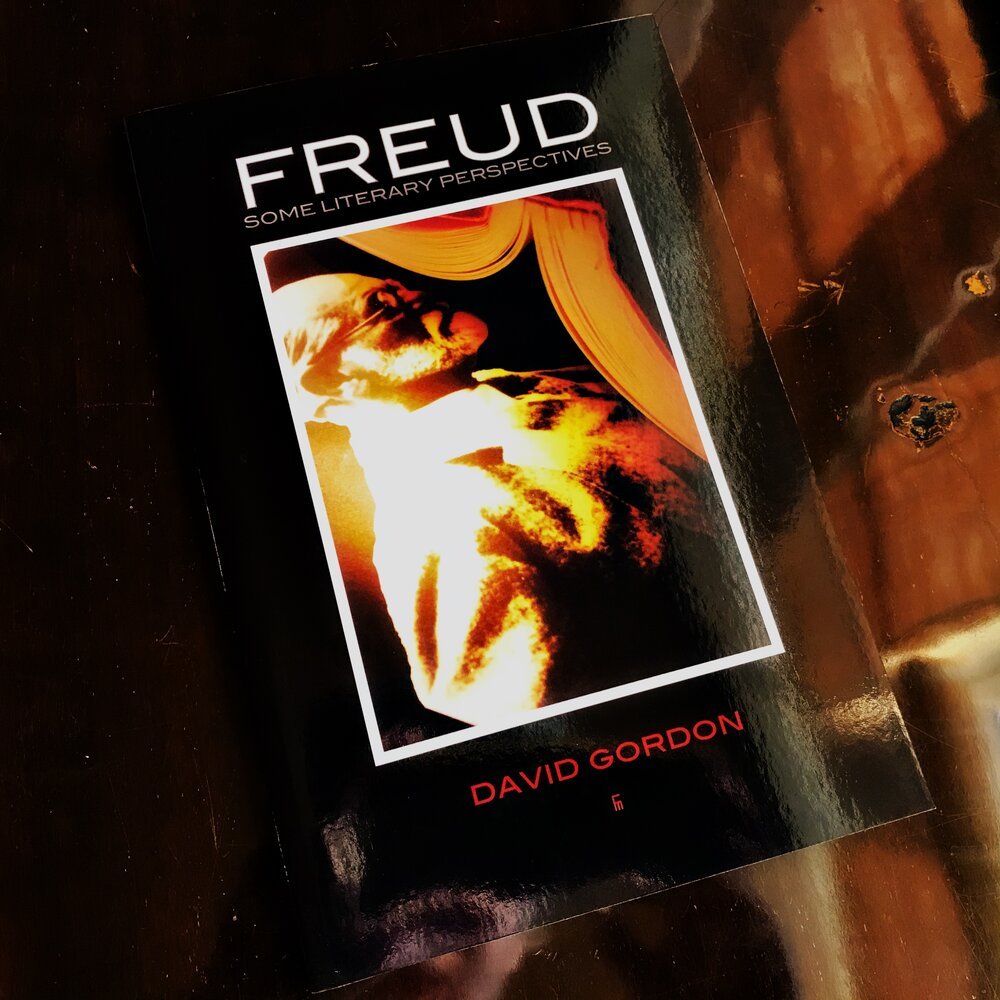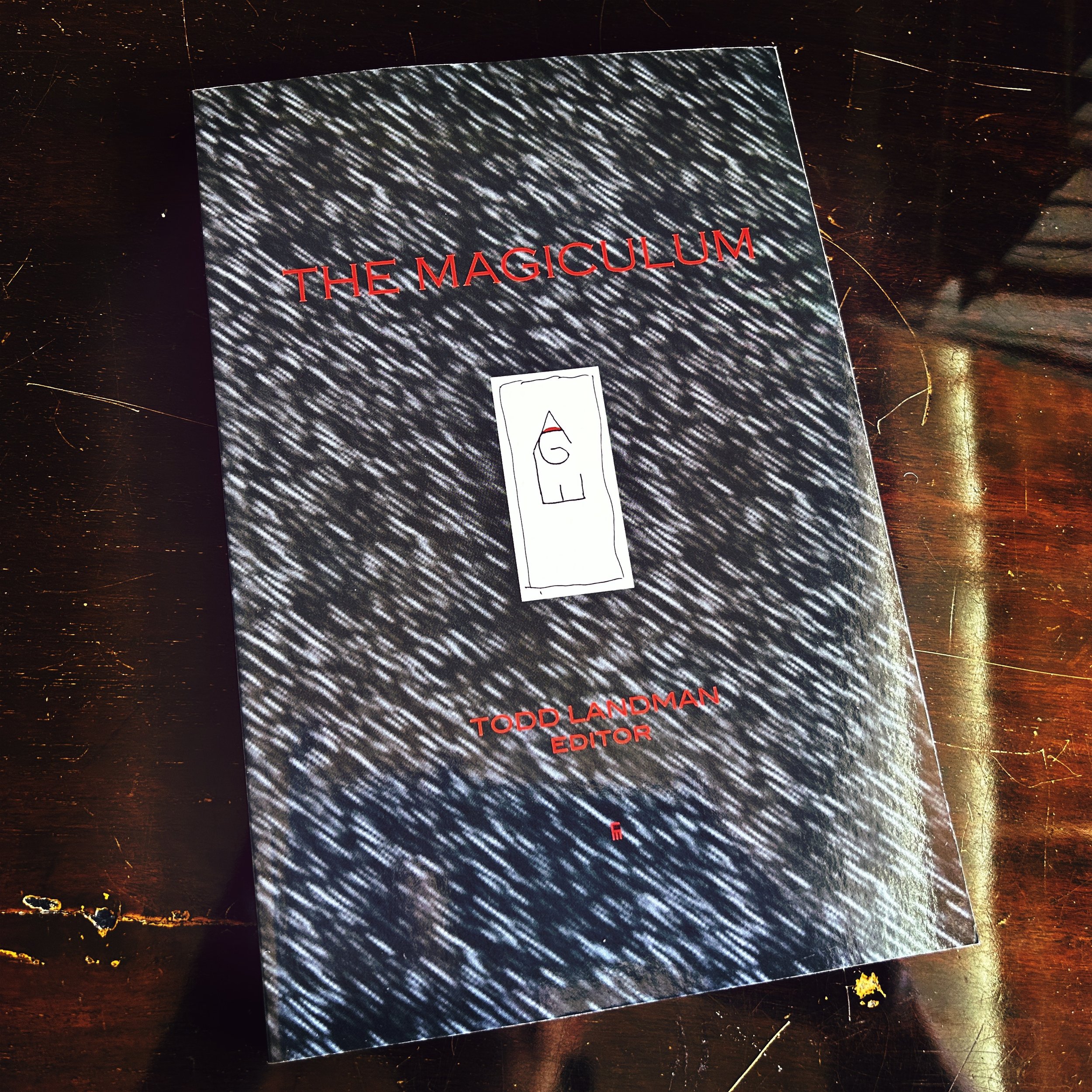
CATALOGUE
AGGER: BORROWED MEMORIES
This bi-lingual book tells the story of an encounter with a place, Agger, on the West Coast of Denmark. After more than 20 years of visiting and of developing intimate relationships with the place, the author moved here to embark on a post-academic career, and to explore the sea.
WRITER DIRECTORY
This book offers a species of hybrid text, part miniature literary biographies, part figuration and metaphor.
POINTS OF INTERSECTION
The essays and shorter pieces in this collection treat writers of the Beat Generation, together with certain of their allies and ancestors. Authors whose works are considered include Jack Kerouac, Allen Ginsberg, Gregory Corso and Bob Kaufman, as well as Fitz Hugh Ludlow, James S. Lee and Ken Nordine. A theme seen implicitly to be linking these authors is their common yearning for utopian harmony and mystical transcendence, a desire that drives their vocation as pilgrims to elsewhere.
INVENTED FUTURES
Is fiction stranger than life? Perhaps not. Two cultural theorists with a collection of 19th century drawings that depict an imagined future look at how these visual fantasies of oracular and predictive character have come to pass.
FREUD: LITERARY PERSPECTIVES
Gordon’s nine essays explore the literary reception of Freud in various contexts. They study the connection of his psychoanalysis to: the concepts of tragedy and comedy; to literary criticism as represented by Harold Bloom; the cognitive challenge of his (and Darwin’s) major theories; the competition between his concept of depth and that of certain novelists; the concept of memory illustrated in Proust and cognitive neuroscience; the imagining of one’s own death represented by post-Enlightenment poetry; the interpretation of “Hamlet”; Nietzsche’s idea of “the good European”; and, finally, to what a cultural perspective can contribute in assessing the value of psychoanalysis today.
THE MAGICULUM
This collection of essays has been written by magicians who really care about magic. Having discovered magic at a young age, they have allowed it to mature alongside their intellectual and practical formation. They contemplate different dimensions of magic and how they relate to it. Their stories and reflections reveal remarkable similarities in the themes that they address: Magic as power. Magic as escape. Magic as protection. Magic as play. Magic as medium. Magic as unknowable. Magic as symbol. Magic as language. Magic as incomplete.
KANT IN HONG KONG
In Kant in Hong Kong travel, philosophy, and the city weave through one another. The book brings Immanuel Kant – famous for the regularity of his walks in his hometown of Königsberg – into the swarming streets of the hypermodern city and carries everyday urban experience into the labyrinthine texts of Kant’s critical idealism.
PILGRIMS TO ELSEWHERE
The essays and shorter pieces in this collection treat writers of the Beat Generation, together with certain of their allies and ancestors. Authors whose works are considered include Jack Kerouac, Allen Ginsberg, Gregory Corso and Bob Kaufman, as well as Fitz Hugh Ludlow, James S. Lee and Ken Nordine. A theme seen implicitly to be linking these authors is their common yearning for utopian harmony and mystical transcendence, a desire that drives their vocation as pilgrims to elsewhere.
CRUEL THEORY | SUBLIME PRACTICE
Cruel Theory | Sublime Practice consists of three parts. Each part addresses both theoretical and practical dimensions of Buddhism. Topics include the formation of an autonomous subject in the face of Buddhism’s concealment of its ideological force.
SEVEN LITERARY ANTITHEISTS
David Gordon reminds us that, while the word God is no longer meaningful from a scientific point of view, it continues to denote a resonant myth in our imaginative lives. He directs our attention to those gifted writers (here called “literary antitheists”) who combat the presence of this myth in their own minds by finding artistic means to dramatize the resultant conflict.










